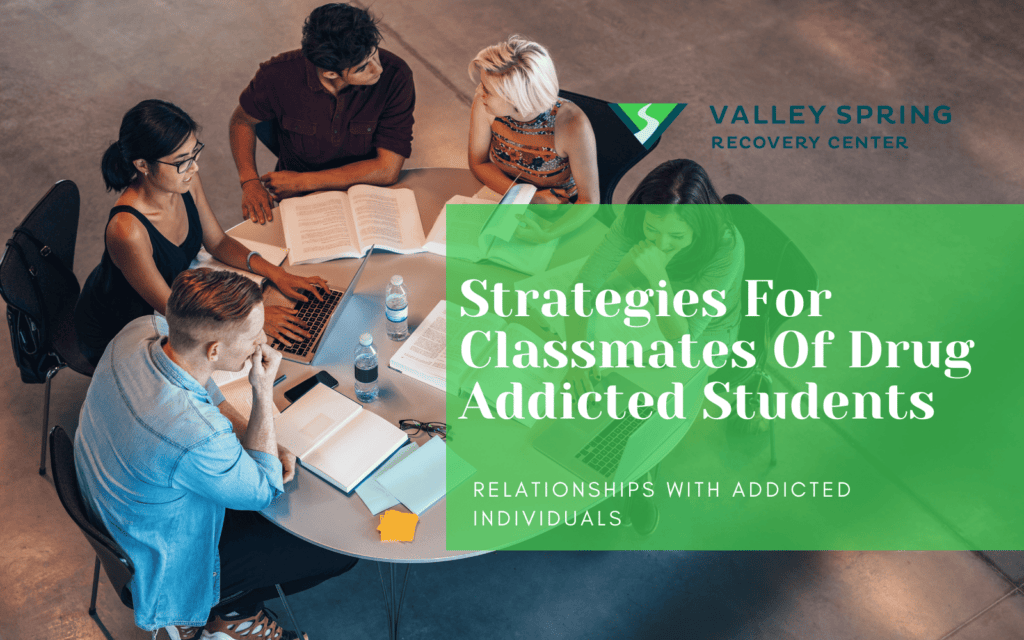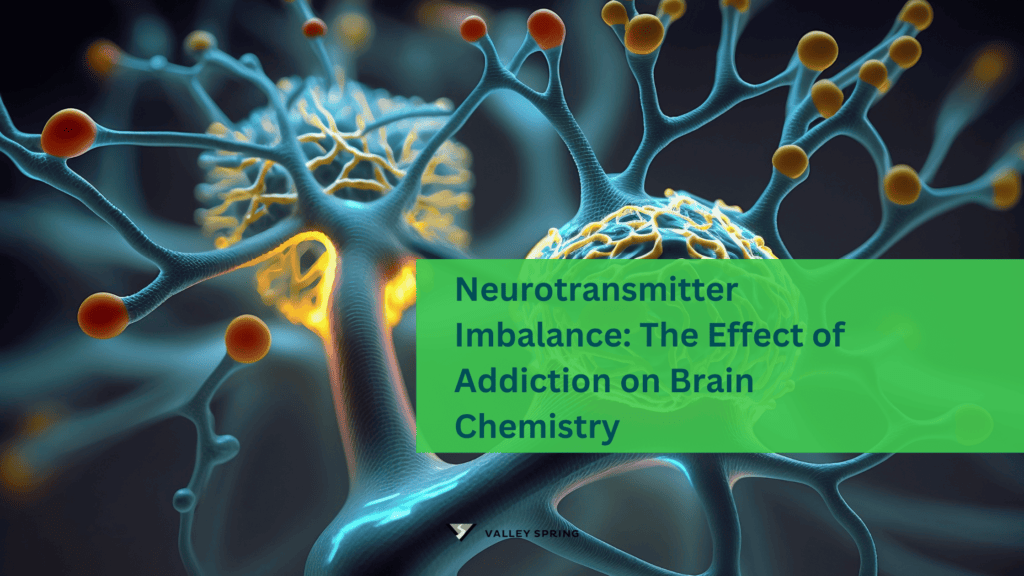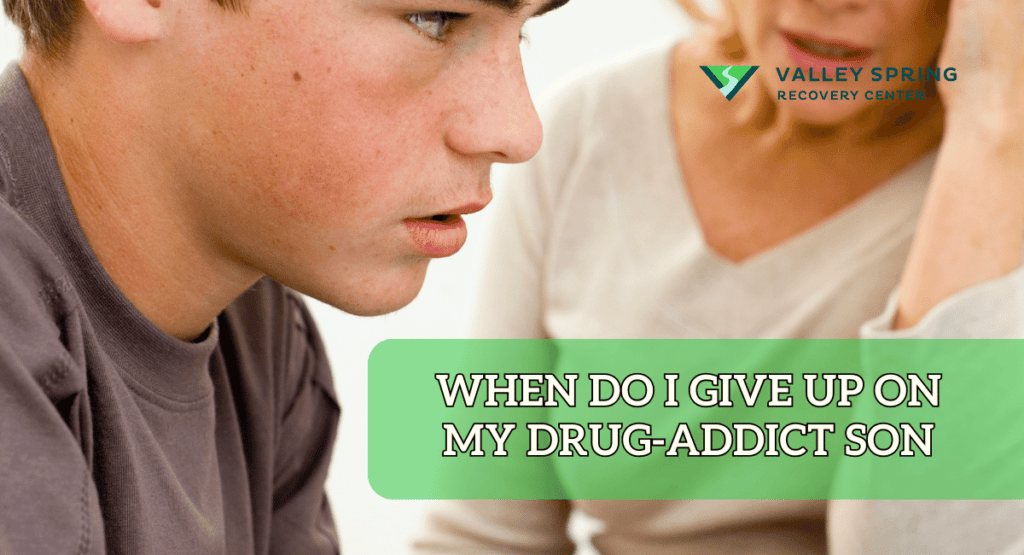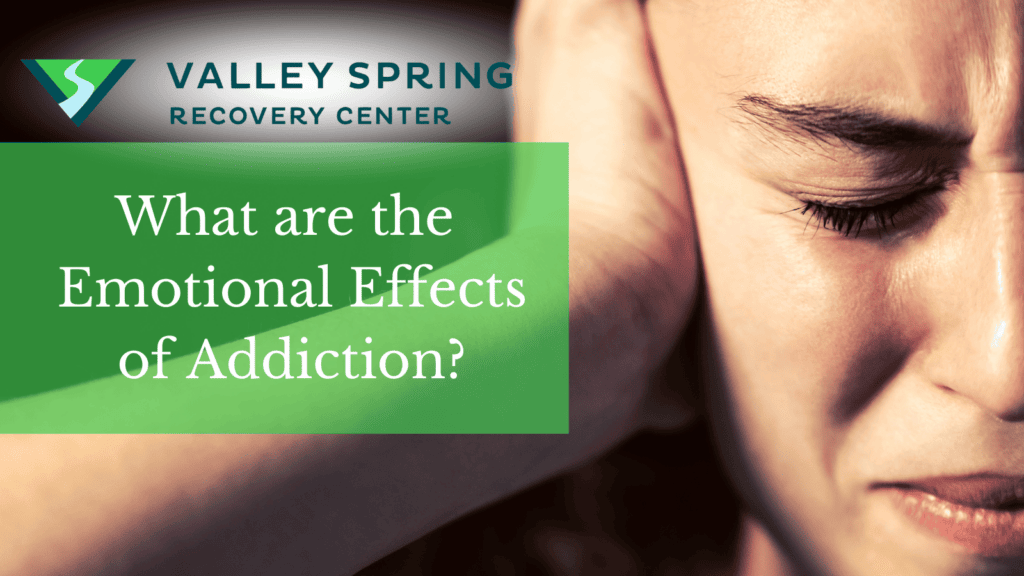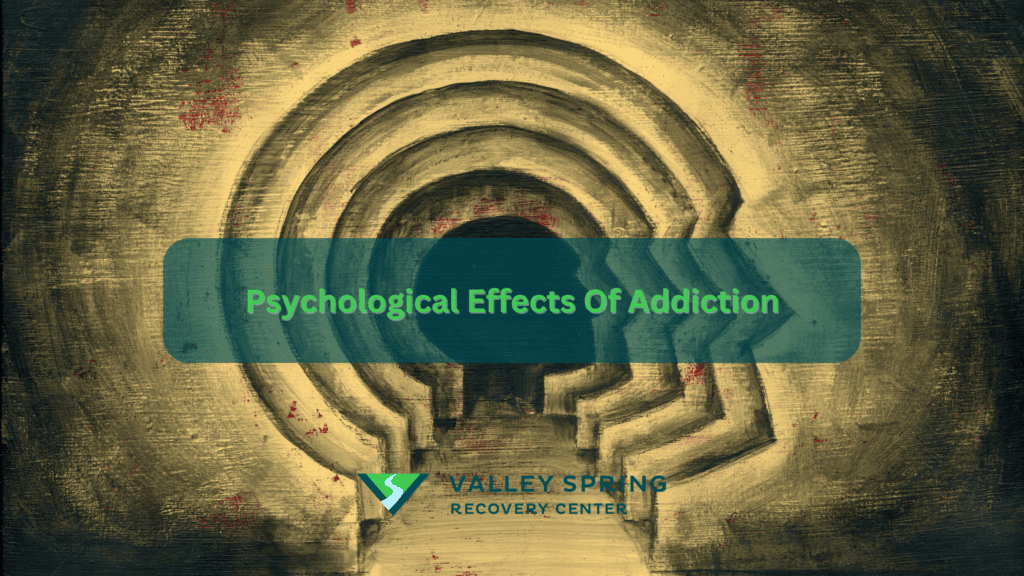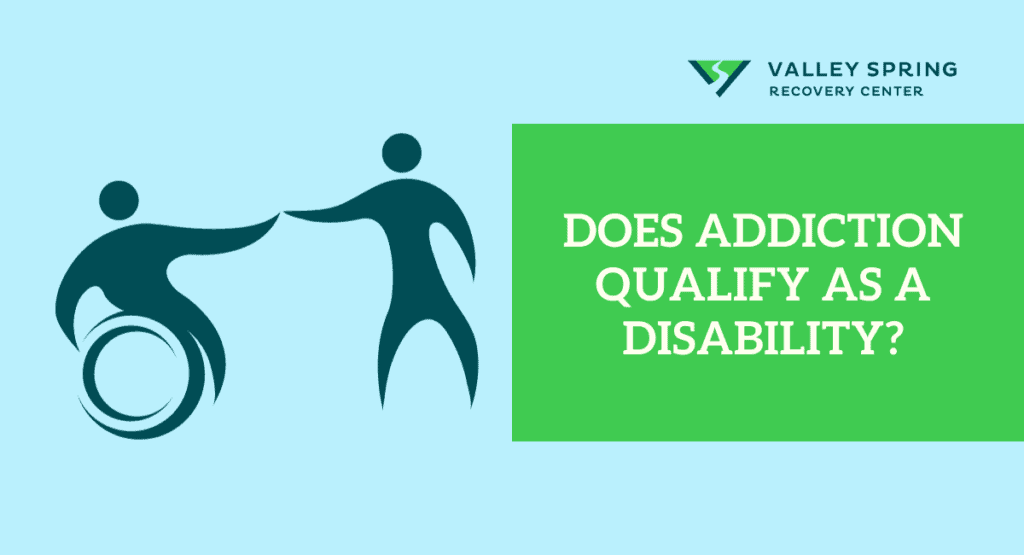Navigating relationships with classmates who struggle with addiction presents unique challenges. Initially, what may appear as casual “recreational use” of substances often escalates into a more serious addiction, manifesting through noticeable behavioral changes and increased substance use. These developments can significantly impact their peers, raising concerns about the addicted student’s well-being and safety. Classmates need to maintain a calm approach, recognizing that while addiction deeply affects the addict’s social circle, they are not responsible for their classmate’s addiction.
Statistics from the National Institute on Alcohol Abuse and Alcoholism (NIAAA) highlight the dangers associated with substance misuse among students: annually, about 1,519 college students aged 18 to 24 die due to alcohol-related unintentional injuries, including motor vehicle accidents. Furthermore, alcohol accounts for over 80,000 deaths annually in the U.S., ranking as the third highest preventable cause of death.
Additional insights from the 2021 Monitoring The Future National Survey on Drug Use show the prevalence of drug use among college students:
- Heroin: 0.1%
- Other narcotics: 0.9%
- Hallucinogens (e.g., LSD): 9.1%
- Methamphetamines: 0.3%
- Barbiturates: 0.9%
- Tranquilizers: 1.7%
- Cocaine: 3.9%
- Other drugs (excluding marijuana): 14.6%
Understanding these statistics is crucial for developing effective mitigation strategies. If you are concerned about a classmate’s substance use, consider engaging them in a supportive conversation to express your concerns, referring them to campus health services, or suggesting they seek counseling. While offering support, remember that personal boundaries are important, and the ultimate responsibility for change lies with the individual struggling with addiction.
What Are The Effects For Classmates Of Substance Misusers?
Classmates of substance misusers experience a range of direct and indirect effects that can significantly impact their academic and personal lives. Emotional stress and anxiety are common among students who witness their peers struggling with addiction. This distress often stems from seeing the daily challenges and potential deterioration of someone they interact with regularly, similar to phenomena observed in high differentiating classrooms where social comparisons intensify perceptions of inadequacy (Hughes & Zhang, 2007).
The impact on the educational environment is also substantial. Addicted students may exhibit behaviors such as absenteeism, lack of participation, or disruptive conduct, which can hinder the progress of group projects and classroom dynamics. This not only affects the learning experience but also places additional demands on educational staff. Teachers and counselors may find themselves allocating more time and resources to support addicted students, potentially diverting attention away from other students who also need guidance and support. As noted in the May 1998 issue of “Drug Identification and Testing in the Juvenile Justice System,” adolescents using alcohol and other drugs often disengage from school and community activities, depriving their peers and communities of the positive contributions they might otherwise have made. This withdrawal contributes to a less cohesive and supportive learning environment, further impacting classmates’ educational experiences.
Furthermore, the presence of drugs in educational settings can foster an atmosphere of secrecy and mistrust among students. When substance use becomes normalized within peer groups, it increases the risk of influence and pressure on other classmates to engage in similar behaviors. This dynamic can lead to the spread of misconceptions about drug use and addiction, complicating efforts to foster a healthy, supportive educational environment, similarly to how perceptions of academic abilities can segregate and isolate students (Hughes & Zhang, 2007).
Addressing these challenges requires proactive measures within schools and universities. It is crucial to implement comprehensive drug education programs that not only inform students about the dangers of substance misuse but also equip them with skills to resist peer pressure. Schools should also enhance support systems, providing accessible counseling services and creating safe spaces where students can discuss their concerns and receive appropriate guidance. By taking these steps, educational institutions can mitigate the negative impacts of addiction on students and help maintain a conducive learning environment.
Which Strategies Can I Use For Mitigating The Negative Effects of A Substance Abusing Classmate?
The well-being of both classmates and students struggling with drug addiction is equally important. When handling the impact of the addict’s behavior, here are 10 approaches that classmates can take to cope with the consequences of the individual’s addiction:
- Seek Support for Yourself: Express your emotions and seek support by confiding in a trusted friend, family member, teacher, or school counselor. Also, consider seeking counseling services from your school or community to receive valuable guidance from a mental health professional.
- Set Boundaries: Recognize your limits and set boundaries to protect your well-being. If you feel uncomfortable or stressed, it’s okay to distance yourself from the situation.
- Educate Yourself: Learning about addiction can provide you with a better understanding of its complexities, which in turn, can help you reduce any confusion or frustration that you may have experienced before.
- Practice Self-Care: Prioritize sleep, nutrition, and exercise for optimal physical and emotional well-being.
- Engage in Hobbies: Pursuing enjoyable activities and hobbies can reduce stress and provide a mental break from challenges.
- Artistic Outlets: If you struggle to express your emotions, explore creative outlets such as writing, drawing, or music. These activities can provide a safe and healthy way to channel your feelings and help you gain new insights into your emotional state.
- Journaling: Keeping a journal is a therapeutic way to clarify your thoughts and emotions.
- Build a Support Network: Consider seeking support from peers with similar experiences to create a sense of community. Join a school or community club that focuses on well-being, if available.
- Avoid Enabling Behavior: It’s crucial to be aware of actions that could unconsciously fuel the addiction of a student. Promote positive decisions without condoning unhealthy habits.
- Encourage Professional Help: If your school or college offers support services, encourage addicted students to seek help and share information about available resources.
While navigating a situation involving a peer with addiction, classmates must prioritize their own mental and emotional health by seeking support and maintaining healthy boundaries.
Does Having An Addicted Classmate Pose as a Safety Concern?
Sometimes it can. Estimating the number of alcohol-related sexual assaults is a challenging task since sexual assault is typically underreported. However, researchers have confirmed that 1 in 5 college women experience sexual assault during their time in college. A significant majority of these assaults involve alcohol or other substances. Ongoing research aims to understand better the relationship between alcohol consumption and sexual assault among college students. It is crucial to collect additional national survey data to have a more accurate estimate of the number of alcohol-related assaults.
If your classmate’s behavior becomes a danger to themselves or others, it’s essential to report your concerns to someone who can help, such as a teacher, counselor, or school authority. They can provide guidance and resources to support the person and ensure the safety of everyone involved. Remember, addiction is a serious issue, and it’s our responsibility to take appropriate action to help those in need.
How To Recognize The Signs and Symptoms of Substance Use Disorder in Classmates or School Friends
Addiction can subtly or overtly alter a student’s behavior, appearance, and social interactions. It is crucial to recognize these changes as they might indicate that a classmate or friend is struggling with substance use disorder. Below are the primary symptoms to be aware of, categorized into behavioral, physical, and social indicators.
Behavioral Symptoms of Addiction
- Mood Swings: Sudden and unexplained changes in mood, ranging from euphoria to anger.
- Anxiety and Irritability: Increased levels of nervousness, unease, or irritability without a clear cause.
- Decreased Motivation: Lack of interest in activities that were once enjoyable, including schoolwork and hobbies.
- Neglect of Responsibilities: Failing to keep up with academic, work, and personal obligations.
- Social Withdrawal: Isolating from friends and family, preferring to spend time alone.
- Changes in Personal Grooming: Noticeable decline in attention to cleanliness and personal appearance.
- Risky Behaviors: Engaging in dangerous activities, such as driving under the influence.
- Drug-seeking Behavior: An unusual preoccupation with obtaining and using substances.
Physical Symptoms of Addiction
- Weight Fluctuations: Unexplained weight loss or gain that is noticeable over a short period.
- Sleep Disturbances: Insomnia or oversleeping, irregular sleep patterns.
- Digestive Issues: Frequent nausea, vomiting, or changes in appetite.
- Neurological Signs: Excessive sweating, tremors, or impaired coordination.
- Visual Changes: Bloodshot eyes or pupils that are dilated or constricted more than usual.
- Nasal Symptoms: Frequent nosebleeds or a runny nose, especially if not related to a cold or allergies.
- Speech Impairment: Slurred or incoherent speech.
Social Symptoms and Other Signs
- Legal and Financial Troubles: Encounters with law enforcement or unexplained financial problems.
- New Social Circles: Associating predominantly with other individuals known to use drugs.
- Presence of Drug Paraphernalia: Finding items like syringes, pipes, or rolled papers that are commonly used to consume drugs.
Understanding these signs can help classmates and friends recognize potential issues early. If you suspect a friend is struggling with addiction, it is important to approach the situation with empathy and concern, offering support and suggesting professional help rather than confronting them aggressively. Encouraging open dialogue and connecting them with school counselors or health professionals can be crucial steps in helping them find the necessary support and treatment.
How To Talk to Your Addicted Classmate?
Discussing your friend’s substance abuse issue is crucial. It is advisable to start the conversation when they are not intoxicated. If they are not sober while discussing the issue, they may find it difficult to comprehend. It’s also a good idea to meet at a neutral location and have a conversation that lasts more than a few minutes.
Engage in a two-way conversation with your friend to avoid appearing preachy. Make sure to highlight the harmful behaviors you’ve noticed and emphasize your concern for their well-being and that of their loved ones. Experts recommend establishing a positive, unwavering message, such as “We care about you, and we want to support you in getting help.”
It’s crucial to locate a rehabilitation program for your friend before conversing. Conduct thorough research on all possible treatment choices and ask numerous questions to make an informed decision. Depending on the substance being misused and the severity of the addiction, detoxification may be necessary before beginning therapy.
Understand the program’s operation and prepare for your friend’s immediate treatment. Ensure a packed bag and prearranged transportation to facilitate your classmate’s decision-making process.
How To Avoid Enabling Addiction Without Feeling Guilty?
We’ve been saying this during the whole article, but it is imperative to inform yourself about addiction. Read about the addict’s behavior and how sometimes they may become manipulative and lie to make you feel guilty. Substance abusers will always present themselves as the victim, and if they don’t get what they want, they may get angry or start creating problems. Resources include the National Institute on Drug Abuse, Partnership to End Addiction, and SAMHSA (Substance Abuse and Mental Health Services Administration).
Establishing clear boundaries and adhering to them can be beneficial. Communicate to individuals struggling with addiction that you are willing to assist them in finding treatment and achieving sobriety, but you have unwavering boundaries that you will not compromise. For example, you will not provide them with money, fabricate stories for them, or complete tasks, such as doing their homework, on their behalf.
What Does Enabling My Addicted Classmate Looks Like?
There are various ways in which you may unknowingly contribute to a loved one’s addiction. Some common examples include:
- Allowing them to live in your home without contributing to household tasks or expenses
- Paying for their expenses while they are unemployed or spending frivolously.
- Providing money for them to buy alcohol or drugs, fearing they may resort to illegal or dangerous means to get the cash, or even obtaining the substances for them.
- Covering the cost of their bail or paying for their fines or legal fees.
- Making excuses for their addiction or blaming others for their behavior, such as, “The new teacher has been hard on him,” or “She took the stress of the pandemic badly.”
- Refusing to acknowledge the existence of a problem to others.
- Neglecting your self-care for being focused on the addict.
How does addiction impact social and personal relationships?
Addiction deeply affects not only the individual struggling with substance use but also their relationships with others. The strain that addiction places on interpersonal connections can lead to broken trust, emotional distance, and conflict. Friends, family members, and romantic partners often experience significant stress as they cope with the erratic behavior and unpredictability associated with addiction. Over time, these challenges can erode the foundations of even the strongest relationships, leading to isolation and misunderstanding.
For a deeper understanding of how these dynamics unfold and affect various types of relationships, you can read more about addiction’s effects on relationships.
What Are Examples Of Setting Boundaries With My Addicted Classmate?
Here are some real-life examples of how to set boundaries with a classmate who is struggling with addiction:
- Communication Limits
Example: “I’ve noticed that we tend to discuss your struggles a lot, which is understandable. However, I need to focus on my studies during weekdays. Can we limit our serious conversations to weekends?”
- Refuse to Enable
Example: “I want to help you, but I can’t lend you money as I’ve seen it being used to support your addiction in the past. I’m here to support your recovery in healthier ways.”
- Be Honest
Example: “I care about you, but your addiction is affecting our friendship. I must be honest and say it’s hard for me to see you this way. Can we talk about supporting each other without enabling destructive behavior?”
- Establish Personal Space
Example: “I value our friendship but also need some personal space. I’ll be setting aside specific times for myself. I hope you understand that it’s not about avoiding you but taking care of my well-being.”
- Set Consequences
Example: “I’ve set some boundaries to protect both of us. If those boundaries are consistently crossed, I must reduce our contact. I hope it doesn’t come to that, but I must prioritize my well-being.”
- Educate Yourself
Example: “I’ve been reading about addiction to understand better what you’re going through. It’s helping me support you in a more informed way. Let’s learn together and find the best way to navigate this.”
- Involve Others
Example: “I’m concerned about your well-being, and I think it’s important for you to have a support network. I’ve spoken to (mutual friend/teacher/family member) about this, and they’re also willing to offer support.”
- Encourage Professional Help
Example: “I’ve heard that professional help can make a significant difference. I’ll support you in finding a counselor or attending support groups. Let’s take this step together.”
- Protect Your Well-being
Example: “I want to be there for you, but it’s becoming overwhelming for me. I need to prioritize my studies and mental health. I hope you understand if I step back for a while.”
- Establish Conducive Environments
Example: “Let’s plan activities together that don’t involve substances. How about we go for a hike or try a new hobby? I want us to enjoy each other’s company without the temptation of old triggers.”
What Are The Treatment Options For Your Addicted Classmate?
It is a challenge to provide treatment for college students because they seldom seek help on their own. Numerous colleges have implemented programs to expand recovery options for their students, yet the number of students who pursue treatment has remained relatively low.
Fortunately, there are multiple choices accessible to students. These options consist of:
- 12-step recovery programs: A support group created to offer assistance and direction in navigating the process of overcoming addiction and sustaining abstinence.
- Outpatient treatment: In an outpatient treatment program, individuals can come and go from the rehabilitation facility while still receiving the necessary care and support.
- Partial hospitalization programs: For individuals seeking treatment, partial hospitalization programs offer an option to spend their days at a rehab facility and return home at night.
- Inpatient programs: Admission-based treatment entails voluntarily admitting oneself into a rehabilitation center for 24/7 medical observation and care.
- Peer support groups: After undergoing addiction treatment, peer support groups offer a crucial source of communal encouragement to uphold abstinence.
How Concerned Should I Be About The Amount Of Adderall My Classmate Is Taking?
If you notice your classmate taking an unusually high amount of Adderall, especially if it’s not prescribed to them, it’s reasonable to be concerned. Misuse of Adderall can lead to serious health risks and dependency issues. It might be helpful to gently express your concern to your classmates and suggest they seek advice from a healthcare professional. Remember, it’s important to approach the situation with sensitivity and respect for their privacy.
Where to Get Treatment For Adderall Addiction?
Simplifying the process of finding treatment can help convince your classmate or friend to consider it. Conduct thorough research and present them with various treatment options to help them decide. It is essential to consider each treatment center’s amenities, cost, and insurance coverage to ensure they receive the appropriate level of care. Individualized needs can affect the cost of rehab, but insurance may be able to assist with the expenses.
Treatment Options are available for all sorts of different addictions. Adderall rehab centers in New Jersey are easily accessible as well as other drug and alcohol addictions. If you or a classmate is struggling with addiction to drugs, getting help is just a phone call away.
How does addiction among students impact first responders?
When addiction affects students, it not only disrupts academic and social environments but also places significant strain on first responders in the community. Instances of drug overdoses, alcohol poisoning, and accidents related to substance misuse often require immediate attention from emergency services, including paramedics, firefighters, and police officers. The frequency and intensity of these situations demand substantial resources and profoundly challenge the emotional resilience of first responders. Addiction affects first responders and the community by necessitating frequent and critical interventions, which underscores the broader implications of substance abuse among youth on public health and safety services.
Ben Fisher
All author postsShare This Post

